Whole philosophy of NATO, obsolete: Analyst
US Defense Secretary James Mattis has reiterated President Donald Trump’s NATO policy, signaling that allies should pay up if they want American support. However, he highlighted the idea that the US is actually committed to NATO. Press TV has spoken to Jan Oberg, founder of transnational.org, as well as Lawrence J. Korb, US foreign policy and national security analyst, to discuss the issue.
Oberg believes the whole philosophy of NATO is “obsolete,” adding that the military alliance does not represent something new and “sounds like the Stone Age.”
He also stated it is a primitive way to solve conflicts by military means, asserting that it is not possible to have a European army on top of everything else.
The analyst further noted the United States wants to see Europe as “its first line of defense” which is the reason why it has set up a ballistic missile system there.
“It is not that we [the Europeans] are needing protection because the Americans would come anytime if there is an attack because that is the first defense of the US which does not want war in its own territory,” he said.
He also expressed hope that the European Union would wake up and become a peace organization that mediates and operates non-violently according to the UN Charter and “let NATO fall where it belonged - namely to the heap of history.”
Elsewhere in his remarks, Oberg opined that Russia is not a threat compared to what it was during the first Cold War, unless the West makes it one.
He also maintained that the reunification of Crimea is a “tiny violation” compared to what the West has done during the last 25 years in breaking international law and doing things without a Security Council mandate.
He also argued that Crimea was a “reaction” to the regime change which the United States was pushing in Ukraine.
The analyst also emphasized that if the Europeans want peace with Russia, they need to deal with their problems in civilized ways and talk about economic cooperation and lift the sanctions.
According to Oberg, it would be possible for Europe to work with Russia if there were no American exercises in Romania, Poland and the Baltic states all the time which only hit back “negatively” on the European countries. However, he said, the problem is that Europe does not have a clear foreign policy.
Meanwhile, Lawrence J. Korb, the other panelist on the program, stated that Secretary of Defense General James Mattis would be the one who will determine US policy with regard to NATO.
He also opined that there is a feeling in the United States that Washington is bearing a larger share of the burden. Therefore, he said, the US may moderate its commitments to NATO.
Korb also noted that NATO is trying to send a signal to Russia that if it goes too far, there will be a possibility of war, adding that this is the best way to prevent it from happening.
The analyst further highlighted the fact that the United States did not take military action against Russia but rather imposed sanctions on Moscow.
He concluded by saying that these sanctions are hurting the European countries’ economy but the people are so concerned that they are willing to pay this particular price.
Bright prospects of Iran’s energy portfolio
VIDEO | Iran and Russia's partnership agreement
VIDEO | California wildfires leave residents struggling with insurance gaps and housing shortages
Leader: Palestinian patience, resistance forced Israel to back down
VIDEO | South African, Palestinian youths use sport to boost resistance
Iran welcomes Gaza truce, urges prosecution of Israeli authorities for genocide
VIDEO | Israeli airstrike on Jenin kills 6 Palestinians, injures others
VIDEO | Canada after Trudeau








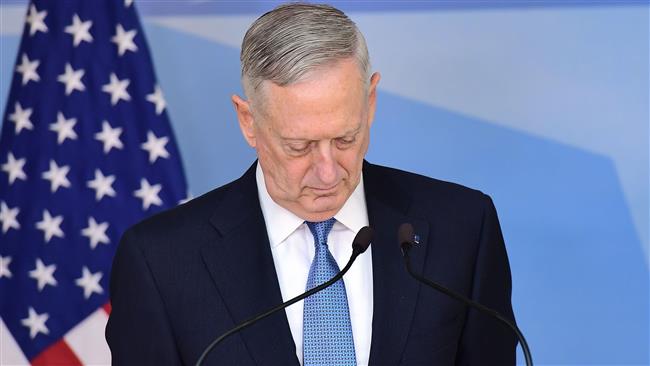
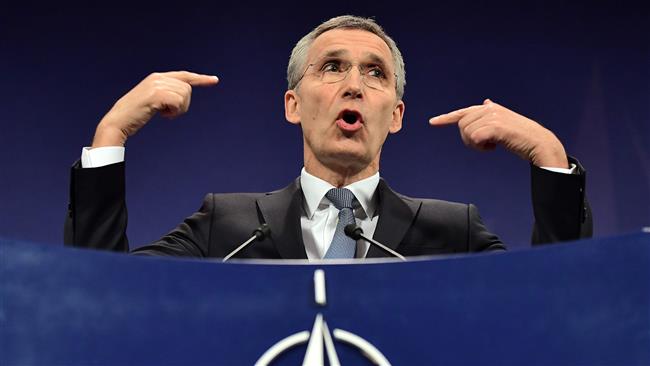
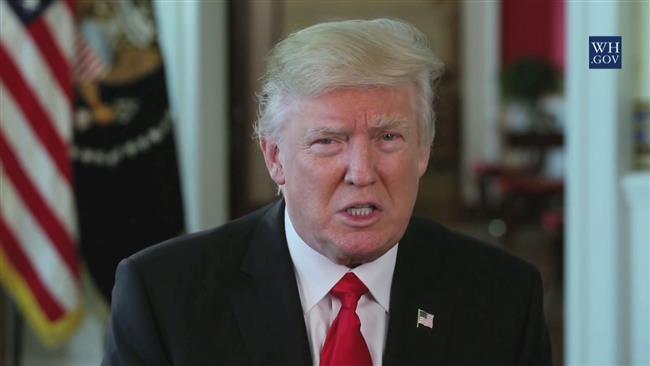
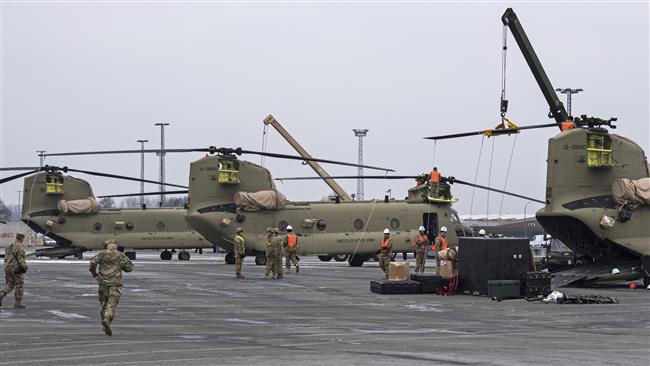
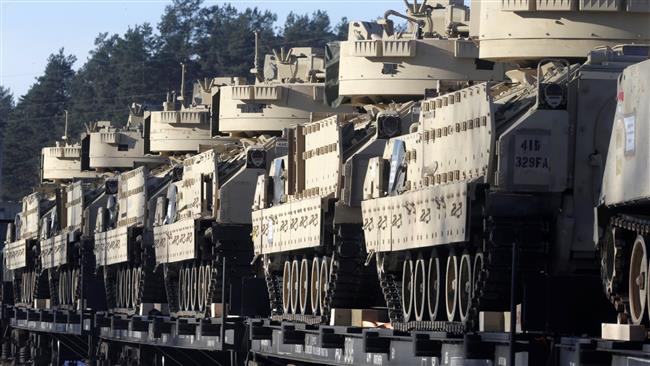

 This makes it easy to access the Press TV website
This makes it easy to access the Press TV website